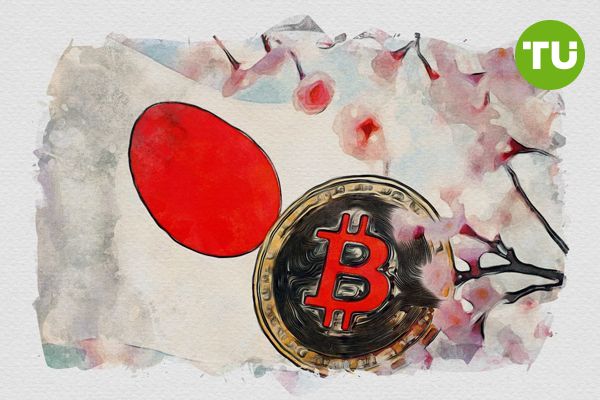Japan rejects the idea of creating a bitcoin reserve
 Japan rejects Bitcoin as a reserve asset, citing volatility and liquidity concerns
Japan rejects Bitcoin as a reserve asset, citing volatility and liquidity concerns
Japan’s government has officially dismissed the idea of adding Bitcoin (BTC) to its national reserves, emphasizing concerns over the cryptocurrency’s volatility and lack of classification as a traditional foreign exchange asset.
The decision highlights a cautious approach that contrasts with growing private-sector interest in Bitcoin investments, reports CoinGape.
Government’s Focus on Stability
Responding to an inquiry from Senator Hamada Satoshi on December 26, the government stressed that crypto assets like Bitcoin do not align with Japan’s foreign exchange reserve strategies, which prioritize security and liquidity.
Senator Hamada had urged Japan to consider Bitcoin as a reserve asset, citing moves by U.S. policymakers pushing for a strategic Bitcoin reserve. However, Japan’s government clarified that it lacks detailed insights into U.S. developments and views foreign discussions as still “nascent.”
“Maintaining stability in foreign exchange markets is a priority, and Bitcoin’s volatility does not support that goal,” the government’s statement emphasized.
Private Sector Takes a Different Approach
While the Japanese government maintains a cautious stance, private firms like Metaplanet are actively investing in Bitcoin, adopting strategies similar to MicroStrategy in the U.S.
This divergence underscores a policy gap between government conservatism and private-sector optimism about cryptocurrency as a strategic financial asset.
Meanwhile, in the U.S., President-elect Donald Trump and Republican lawmakers continue advocating for a national Bitcoin reserve, fueling speculation about its potential impact on global markets. However, Federal Reserve Chair Jerome Powell recently clarified that the U.S. central bank cannot hold Bitcoin, keeping its adoption limited to political and private initiatives.
Recently we wrote, that Thailand is evaluating a bold proposal from former Prime Minister Thaksin Shinawatra to use Phuket as a pilot site for a Bitcoin payment system to enhance the country's appeal and attract new investors.













































































































































